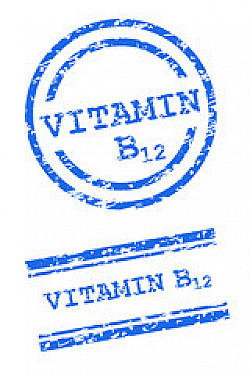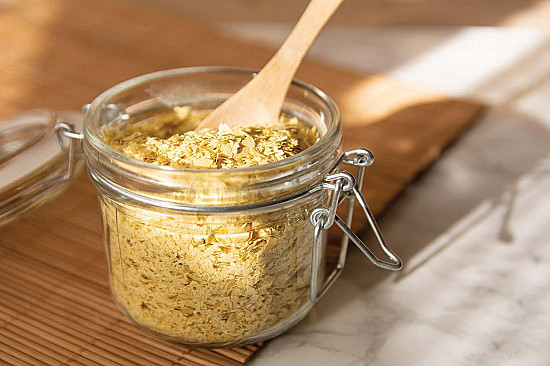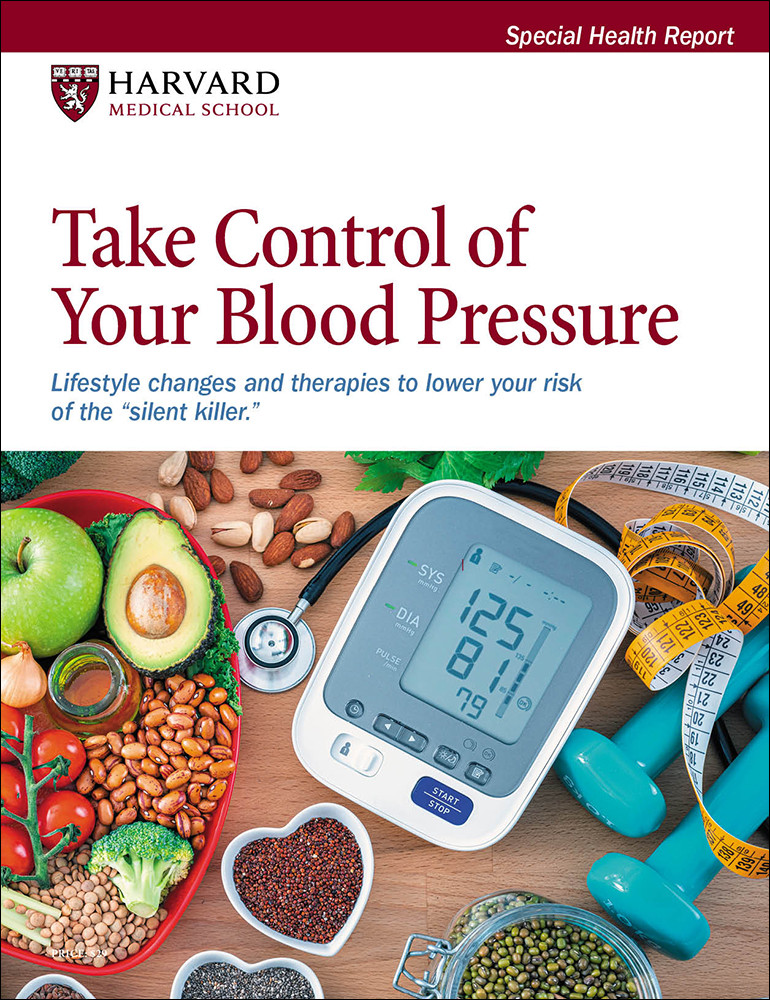Can eating potassium-rich foods lower my blood pressure?
On call

Q. I've always had normal blood pressure readings, but my numbers have been a bit higher in the last couple of months. I've read that eating more potassium-rich foods might lower it naturally. What are your thoughts?
A. When it comes to managing high blood pressure, the average American diet delivers too much sodium and too little potassium. Reversing this imbalance could prevent or control high blood pressure and lead to fewer heart attacks, strokes, and deaths from heart disease.
Normal body levels of potassium are essential for muscle function. Potassium relaxes the walls of the blood vessels, lowering blood pressure and protecting against muscle cramping. Several studies have shown an association between low potassium intake, increased blood pressure, and a higher risk of stroke.
Conversely, people with high blood pressure can significantly lower their systolic blood pressure (the top number in a reading) by increasing their potassium intake from healthy foods.
Most Americans get barely half of the recommended amount of potassium — 4,700 milligrams (mg) daily. Fruits, vegetables, beans, and some seeds are good sources. Bananas (about 425 mg of potassium in a medium-sized one) are often used as the poster child for potassium.
If — like many people with high blood pressure — you're also trying to lose weight, consider potassium-rich foods low in calories and carbohydrates. Good examples include broccoli, spinach, and other leafy greens. Other choices (although slightly higher in carbs and calories) are butternut squash, sweet potatoes, and fruits like cantaloupe, kiwi, and nectarines.
Usually, the kidneys do a great job of getting rid of any extra potassium we ingest. However, people with advanced kidney disease have an impaired ability to excrete potassium. So, a potassium-rich diet could lead to dangerously high blood levels of the chemical. These individuals will get specific instructions from their doctor or dietitian about foods they should limit.
Although potassium-rich diets are generally healthy, the same isn't necessarily true for supplements. It's safest to only take a potassium supplement if your doctor recommends it. This is especially true if you take certain medications that interfere with potassium regulation by the kidneys, such as spironolactone (Aldactone), amiloride (Midamor), eplerenone (Inspra), or triamterene (Dyrenium).
Certain drugs used for high blood pressure, like ACE inhibitors and angiotensin-receptor blockers, and high doses of nonsteroidal anti-inflammatory drugs, such as ibuprofen (Advil) and naproxen (Aleve), also can increase blood potassium to potentially harmful levels, especially when combined with potassium supplements.
Image: © Jonathan Kirn/Getty Images
About the Author

Howard E. LeWine, MD, Chief Medical Editor, Harvard Health Publishing; Editorial Advisory Board Member, Harvard Health Publishing
Disclaimer:
As a service to our readers, Harvard Health Publishing provides access to our library of archived content. Please note the date of last review or update on all articles.
No content on this site, regardless of date, should ever be used as a substitute for direct medical advice from your doctor or other qualified clinician.
















